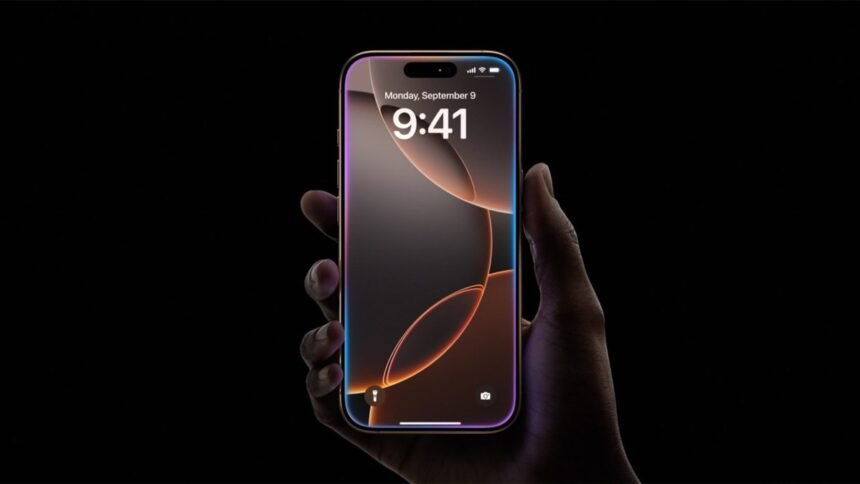Environmentally friendly driving has spread rapidly around the world in recent years. As a result, most major car brands have a great range of Electric Cars. However, there are better ways to drive. That is the hydrogen car.
Hydrogen and electric cars are much more environmentally friendly and cost-effective than fossil fuels. Still, it does not hurt as a consumer to know which vehicle to choose if you want to give the climate a helping hand. It turns out the car is on hydrogen.
How does the hydrogen car work?
As the name suggests, hydrogen cars are powered by hydrogen. These fuel cells provide a chemical reaction between hydrogen and oxygen atoms. This effect ensures the production of electricity and water vapor. The electricity is then used to power the motor, while the water vapor is a harmless by-product.
Although electric cars can be charged at home, hydrogen cars must be refueled at special filling stations. Those stations have special pressurized tanks that carry hydrogen gas.
Why the hydrogen car beats the electric car
Hydrogen cars benefit from some great advantages. As with the normal electric car, the vehicle does not produce harmful pollutants. Instead, they only emit water vapor into the atmosphere. Hydrogen is the most abundant element in the entire universe, which means that the energy source can be recycled infinitely and is extremely environmentally friendly.
The hydrogen car also charges in no time, much faster than a normal electric car. The Renault Kangoo ZE Hydrogen and Master ZE Hydrogen, for example, have charging times of just five to ten minutes – much faster than a ‘regular’ EV.
And they still have a huge range of almost 350 kilometers. Yet there is also a downside to cars that are powered by hydrogen. They are, on average, much more expensive than an electric cars.
The future of the hydrogen car
We will see more and more cars powered by hydrogen in the future. The hydrogen car may take over the traditional electric car. There are few hydrogen-powered models at the moment, but this will change in the coming year.
For example, Honda predicts its new hydrogen-powered CR-V will hit the market as early as 2024. The brand previously offered a hydrogen version of the Honda Clarity, although it was discontinued in 2021. Similar models will also debut on hydrogen in the future from brands such as BMW, Land Rover, Mercedes-Benz, Volkswagen, Toyota, and more!













